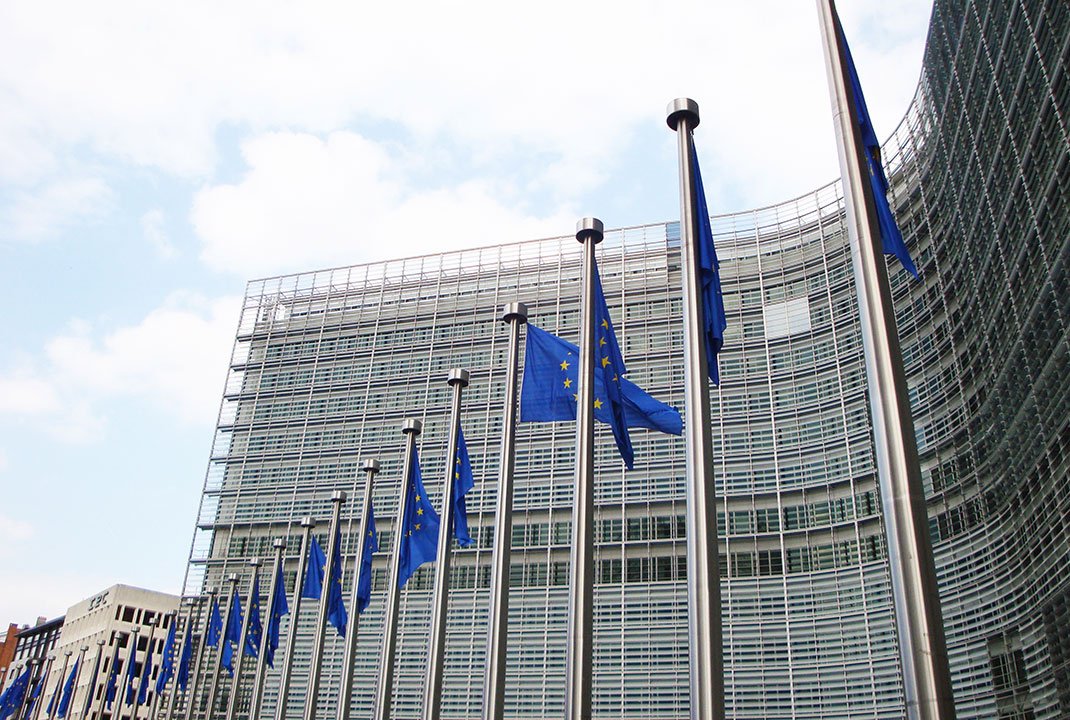
U.S. Vice President JD Vance has drawn criticism from German Chancellor Olaf Scholz, who has accused him of interfering in Germany’s federal election. The controversy stems from Vance’s remarks at the Munich Security Conference, where he condemned Germany’s political stance towards the far-right Alternative for Germany (AfD) party.
Vance’s Controversial Comments at the Munich Security Conference
At the Munich Security Conference, Vice President Vance questioned European leaders about their positions on free speech and political inclusion. Specifically, he criticized the “firewall” policy upheld by Germany’s mainstream parties, which prevents any cooperation with the AfD. He suggested that this exclusion is undemocratic.
Vance stated: “Democracy hinges on the sacred principle that the voice of the people matters. Firewalls? There’s no place for firewalls.”
His remarks imply that even if the AfD has significant voter support, isolating it from the political process contradicts democratic principles.
German Leadership’s Response
Chancellor Olaf Scholz reacted firmly, defending Germany’s democratic integrity and its historical responsibilities.
“We will not accept it if outsiders interfere in our democracy, in our elections, in the democratic formation of opinion in favor of the AfD,” Scholz declared.
Additionally, German Defense Minister Boris Pistorius denounced Vance’s comments as “not acceptable”, emphasizing that Germany’s democracy must be protected from extremist influences.
Broader Implications and Responses
Vance’s remarks have intensified debates over foreign influence in national elections and the role of populist parties in European politics. The AfD, known for its nationalist and anti-immigration stance, has gained electoral support but remains politically isolated due to the “firewall” policy maintained by mainstream parties.
This dispute also reflects growing tensions between the U.S. and Europe over the handling of far-right movements and sovereignty in political decision-making. Many European leaders view Vance’s comments as an attempt to influence Germany’s internal political strategies.
FAQ
What did Vice President JD Vance say about the AfD?
Vice President Vance criticized Germany’s exclusion of the AfD, arguing that such practices contradict democratic principles. He expressed concerns over the political isolation of the party.
What did German Chancellor Olaf Scholz say about Vance’s remarks?
Chancellor Scholz condemned Vance’s interference, asserting that Germany would not tolerate foreign meddling in its elections, particularly in favor of the AfD.
What is the “firewall” policy in German politics?
The “firewall” policy refers to a mutual agreement among Germany’s mainstream parties to never collaborate with the AfD, aiming to prevent far-right ideology from gaining political legitimacy.
Why are Vance’s remarks seen as interference?
Vance’s comments are perceived as interference because they challenge Germany’s internal political strategies ahead of an election, particularly regarding the treatment of the AfD.
What might be the consequences of this diplomatic dispute?
This dispute could damage U.S.-Germany relations, spark a wider debate on foreign influence in democratic elections, and intensify political divisions in Germany regarding the role of populist movements.
🔹 What are your thoughts on foreign influence in national elections? Share your views in the comments and join the discussion!






